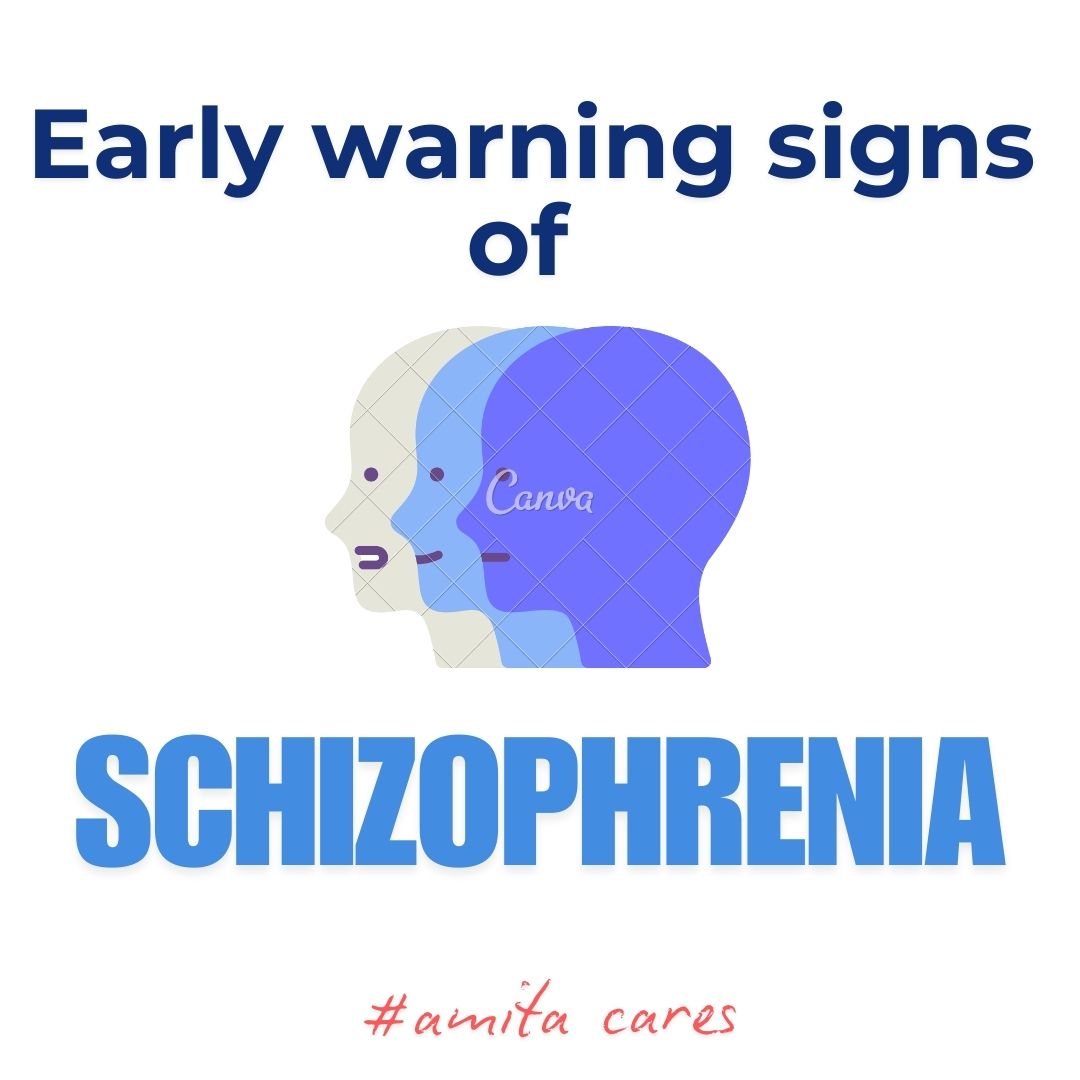
Schizophrenia often develops gradually, with early warning signs appearing long before full-blown symptoms manifest. Recognizing these red flags is critical for early intervention, which can improve outcomes and help individuals manage the condition more effectively. These early signs, often referred to as the “prodromal phase,” may be subtle and vary from person to person.
One of the earliest indicators of schizophrenia is a noticeable change in behavior or personality. Individuals may become socially withdrawn, losing interest in activities and relationships they once enjoyed. They might also exhibit a decline in personal hygiene or daily functioning. Emotional flatness, unusual irritability, or an inability to express or process emotions are other key warning signs.
Cognitive changes are another red flag. People in the prodromal phase may experience difficulty concentrating, remembering details, or organizing their thoughts. They might struggle in school or work due to these challenges. Additionally, subtle perceptual disturbances, such as hearing faint noises or seeing shadows, can occur, though these experiences are not as vivid as the hallucinations associated with active schizophrenia.
While these early signs can overlap with other mental health conditions or even stress responses, seeking professional evaluation is essential if they persist or worsen. Early diagnosis and treatment, including therapy, medication, and support, can significantly delay or reduce the severity of schizophrenia’s progression. By recognizing the red flags, loved ones and caregivers can play a crucial role in supporting individuals during this critical phase.
Kanishka
